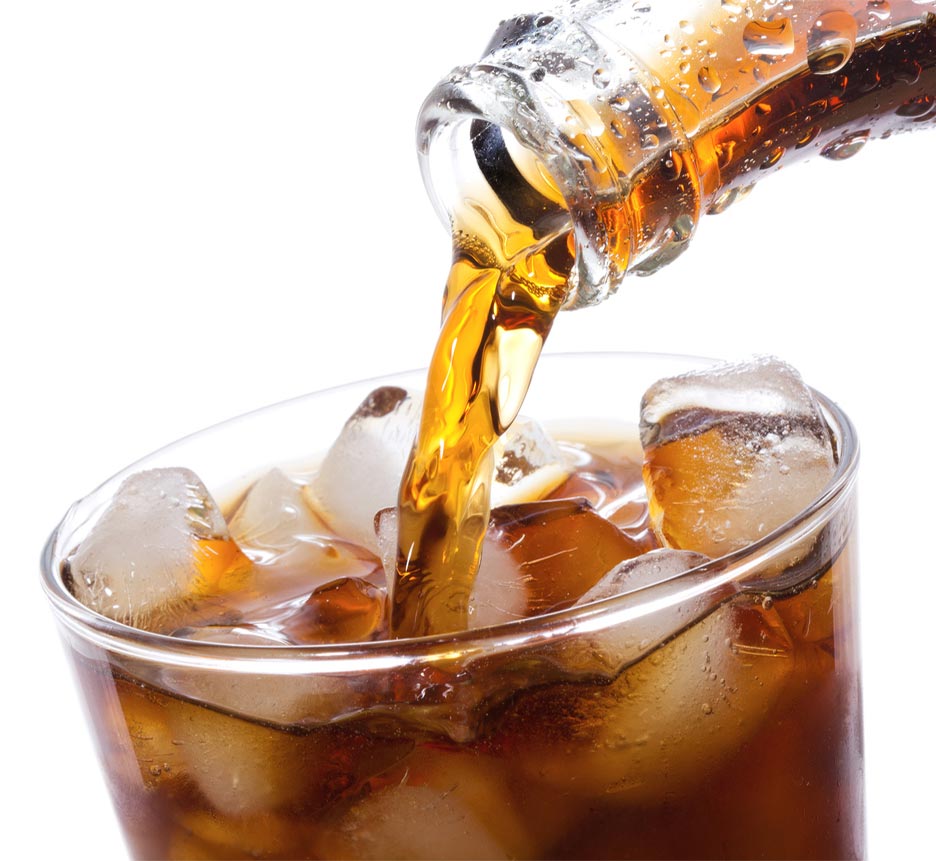Does Root Beer Have Caffeine? The Surprising Truth
Does Root Beer Have Caffeine? The Surprising Truth
The name can be misleading. With "beer" right in the title, it's no wonder people often wonder about the contents of this uniquely American beverage. Is it alcoholic? Does it have the same ingredients as other sodas? So, let's clear up one of the most common questions: does root beer have caffeine?
The Short Answer: Almost Always No
| In the vast majority of cases, the answer is a resounding no. Most mainstream brands of root beer, including iconic names like A&W, Mug, and Dad's, are completely caffeine-free. This fundamental characteristic sets it apart from other dark-colored sodas like colas and Dr. Pepper, which typically rely on caffeine for a portion of their flavor profile and stimulating effect. Root beer's unique identity comes not from stimulants, but from a complex and historical blend of roots, herbs, and spices. |  |
Why the Confusion? The Name and the Color
The confusion is understandable and stems from two key reasons:
 |
1. The "Beer" Moniker: The name "root beer" dates back to a pre-prohibition era when "small beers"—low or non-alcoholic beverages brewed from various plants, herbs, and bark—were common household drinks. Root beer was originally one of these, traditionally fermented from the root of the sassafras plant. While modern commercial root beer is no longer brewed or alcoholic (though hard root beers do exist), the evocative name stuck. |
2. The Dark Color: Our brains often make subconscious associations. We link dark-colored sodas with caffeine because the most famous one, cola, is brown and caffeinated. Root beer happily breaks this pattern, deriving its rich, brown color not from kola nuts, but from ingredients like caramel coloring and molasses.
The Flavor Source: A Botanical Blend
|
The distinct, creamy taste of root beer comes from a recipe of natural and artificial flavors that read like an herbalist's shopping list. Traditional ingredients include:
• Sassafras: The original key flavor. However, the FDA banned safrole, the main aromatic component in sassafras oil, in the 1960s after it was classified as a carcinogen. Modern root beers use safrole-free sassafras extract or other flavorings to mimic the classic, earthy taste.
• Sarsaparilla: Another root that provides a sweet, woody, and slightly bitter flavor. |
 |
• Wintergreen: This herb adds a bright, minty, and slightly sweet note that is essential to the root beer's complexity.
• Vanilla, Licorice, Anise, and Molasses: These ingredients contribute to the creamy, sweet, and complex flavor profile
we associate with the soda today.
The Notable Exceptions: When Root Beer Does Have Caffeine
While the rule is "caffeine-free," it is crucial to know the exceptions. Always check the ingredient label if you are strictly avoiding caffeine, such as for children, those sensitive to caffeine, or during pregnancy. The most famous commercial exception is:
 |
• Barq's Root Beer: Notably, Barq's is one of the few major national brands that does contain caffeine. Their famous slogan from the 1990s, "Barq's Has Bite," was a direct marketing nod to this differentiating factor. The caffeine provides a slight bitterness that contrasts with the sweetness, creating the "bite." However, it's important to note that some diet versions or specific regional formulations of Barq's may be caffeine-free, so checking the label is essential. Some smaller craft brands may also add caffeine for a unique profile. |
From Flavor to Bottle: The Production Process
Creating a consistent root beer, whether caffeinated or not, is a precise industrial process. After the flavor syrup is blended with sweetener (like high-fructose corn syrup or sugar) and purified water, the mixture is carbonated to give it its signature fizz. To ensure this caffeine-free (or, in rare cases, caffeinated) beverage reaches consumers with its signature smooth foam and carbonation intact, it must be packaged with extreme precision. This is where a high-speed beer filling machine comes into play. Despite the name, a beer filling machine is not exclusive to alcoholic beer; it is a versatile piece of equipment used for a wide range of carbonated beverages. The beer filling machine fills cans and bottles in a pressurized environment that matches the pressure of the carbonated liquid, preventing the carbon dioxide from escaping and ensuring every sip of root beer is as consistently fizzy as the brewer intended.
The Verdict
For most people and most brands, root beer is a safe, classic, and caffeine-free choice. Its unique taste is derived from a historical blend of roots and herbs, not from stimulants. However, due to the notable exception of Barq's and the possibility of caffeinated craft varieties, the golden rule remains: when in doubt, always read the label. This simple step ensures you can enjoy this creamy, nostalgic soda with complete confidence.


